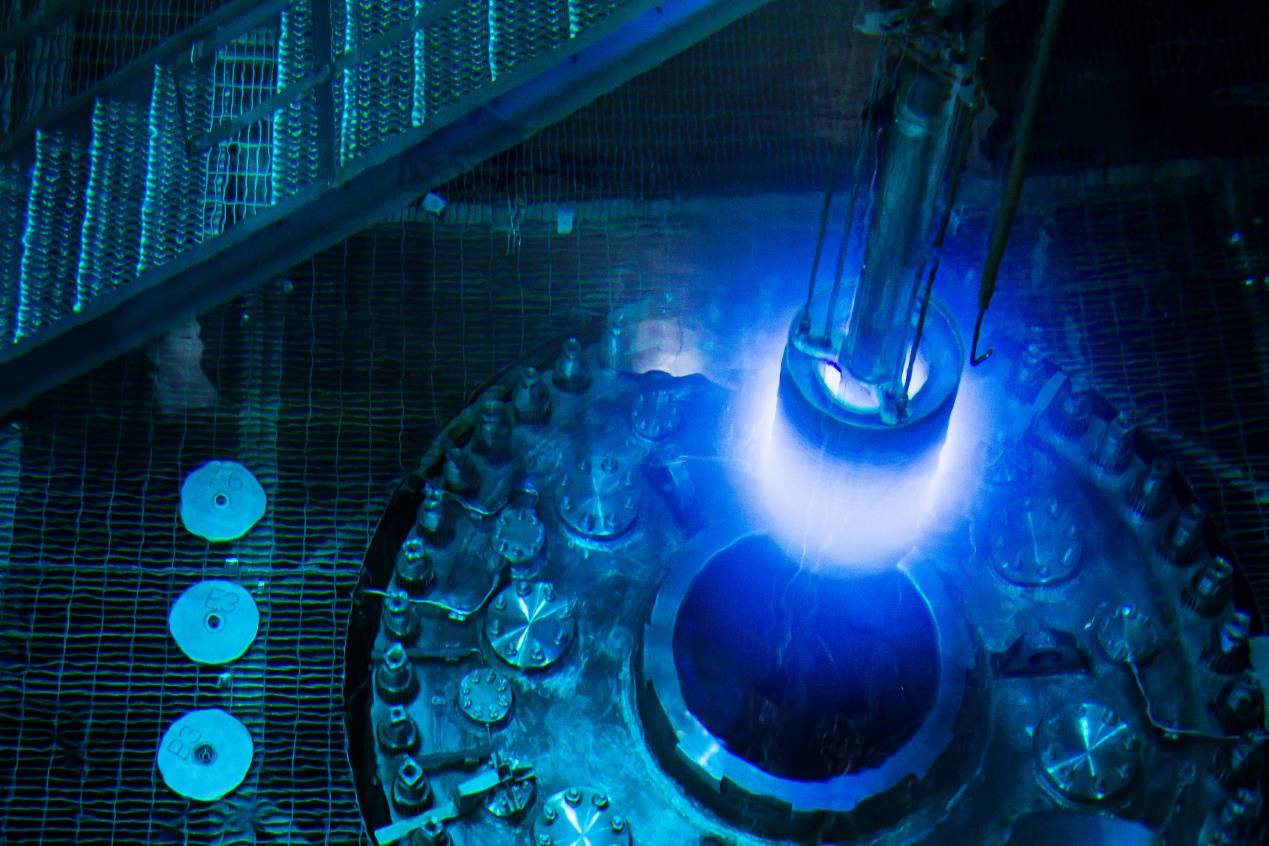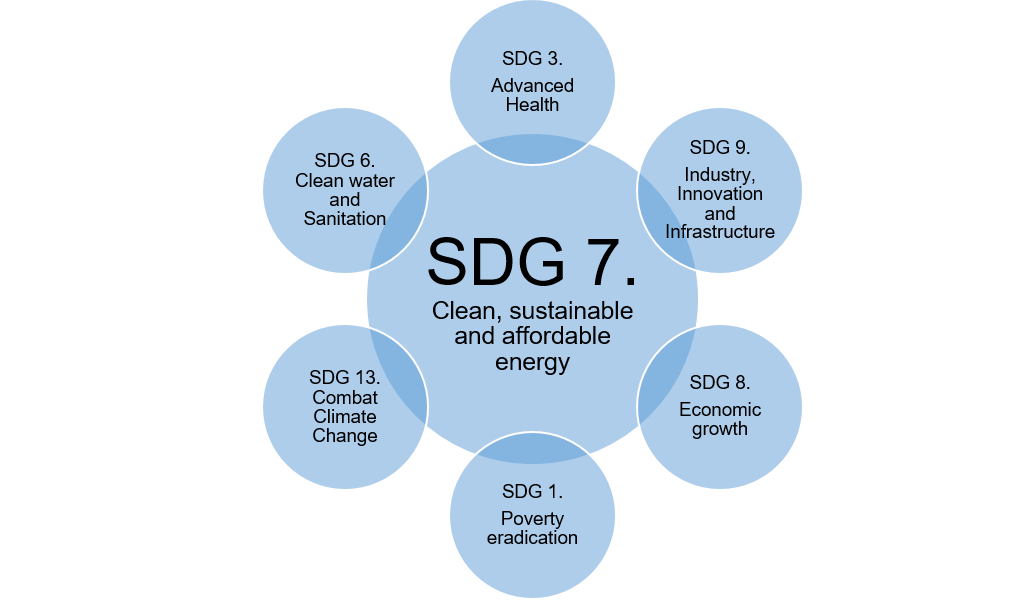Sizewell C: A Colossal Nuclear Project
Alison Downes, an activist with Stop Sizewell C, is striving to halt the construction of a colossal nuclear project off the eastern coast of England. The large-scale nuclear power plant, Sizewell C, could potentially provide electricity to around 6 million households. Nonetheless, the project comes with a substantial cost – between £20 and 30 billion – as well as growing concerns regarding its ecological and safety ramifications. Amidst these concerns, Downes is advocating for exploring alternative, less costly, and more environmentally friendly energy sources, such as solar and wind power. Furthermore, opponents of the project argue that the potential social and environmental impacts of the Sizewell C project may outweigh the benefits of its generated electricity.
Alternative Approaches and Small Modular Reactors
Downes argues that prioritizing alternative approaches to fulfilling climate objectives, such as investing in renewable energy sources, should be the focus. She believes that smaller-scale nuclear reactors like SMRs could present a more feasible solution, though they face challenges of their own. In particular, Downes highlights the potential benefits of SMRs, such as their reduced environmental impact, increased safety features, and modular design that allows for easier implementation and scalability. However, she also acknowledges that the current regulatory environment, high initial costs, and public skepticism surrounding nuclear energy may impede the widespread adoption of these technology-driven alternatives.
Renewable Energy and Energy Storage Technology
The possibility of countries like the UK becoming entirely reliant on renewable energy is still unclear, particularly considering the weather-dependent nature of wind and solar energy. However, advancements in energy storage technology, such as battery systems, may help to address the intermittent nature of these renewable sources. In addition, diversification of the energy mix by incorporating other renewable options like hydropower, geothermal, and bioenergy can greatly contribute to reducing dependency on fossil fuels.
Public Acceptance and SMRs’ Advantages
One significant advantage of SMRs is that they are more widely accepted by the public. Downes suggests that SMRs would likely encounter less resistance in Suffolk compared to the larger Sizewell C facility. This increased public acceptance can be attributed to the smaller size and perceived lower risk associated with SMRs, as well as their potential for decreased environmental impact. Additionally, their compact design and ease of deployment could potentially lead to more streamlined project approvals and community support, in comparison to their larger counterparts.
Environmental and Cost Factors of SMRs
Furthermore, SMRs would have a lesser impact on the coastal environment, be more cost-effective, and offer increased flexibility due to their portability and ease of starting and stopping operations compared to larger, stationary alternatives. However, SMRs would produce considerably less power, generating just about 10% of the electrical capacity of traditional large-scale nuclear reactors. This lower power output may lead to the need for multiple SMRs to be utilized in a single region to effectively meet energy demands, which could also allow for better distribution and management of power. Additionally, the reduced size of SMRs enables their use in remote areas with limited infrastructure for energy production, potentially providing much-needed electricity to underprivileged communities and decreasing the dependence on fossil fuels.
UK Government’s Commitment to Nuclear Initiatives
Despite these issues, the UK government remains committed to supporting nuclear initiatives on both large and small scales. In order to further advance the use of nuclear power, governmental bodies are continually collaborating with industry leaders to develop innovative solutions and technologies, while ensuring stringent safety measures. Through this steadfast dedication, the UK aims to strike a balance between environmental sustainability and energy security, ultimately fostering economic growth and resilience.
Net Zero Nuclear Initiative and Investment in SMRs
During the Net Zero Nuclear initiative launch, Andrew Bowie, the UK’s Minister for Nuclear and Networks, stated: “We have launched a nuclear power revival in the UK, with projects like Hinkley and Sizewell C, but also with Great British Nuclear supporting the latest cutting-edge technologies like small modular reactors.” This resurgence in nuclear power investments comes as the UK aims to achieve net-zero carbon emissions by 2050, highlighting the importance of diverse energy sources in meeting this ambitious target. By embracing these advanced technologies, the country is poised to not only secure a clean energy future but also strengthen its position as a global leader in nuclear innovation.
Collaboration Between Great British Nuclear and Rolls-Royce
Great British Nuclear, a governmental agency, has invested £60 million in Rolls-Royce for the development of SMRs, intending to have these reactors operational by the mid-2030s. This substantial investment is anticipated to bolster the United Kingdom’s commitment to transitioning towards sustainable, low-carbon energy sources to combat climate change. The collaboration between Great British Nuclear and Rolls-Royce is expected to deliver innovative, efficient, and highly reliable SMR technology that significantly reduces the carbon footprint while addressing the nation’s growing energy demands.








